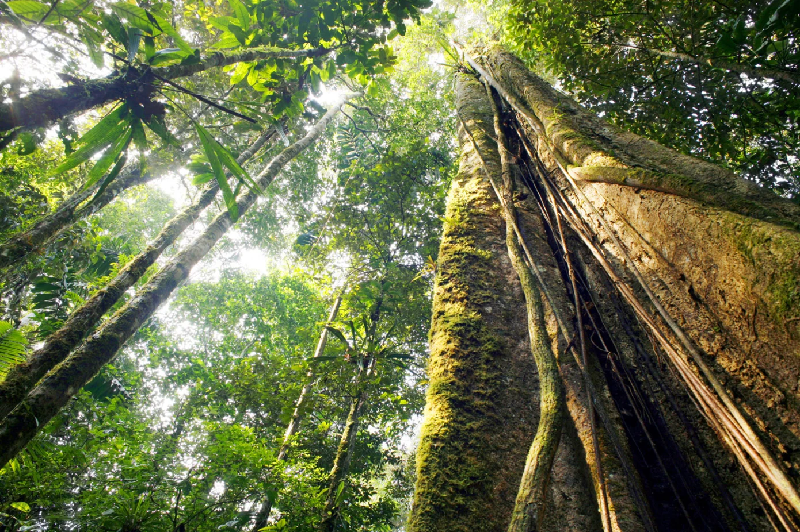A modelling study suggests that increases in photosynthesis have slowed since 2000, opposing previous research that said this effect would remain strong, helping to absorb CO2 from the atmosphere
Global warming drying the air may have slowed a rising rate of photosynthesis around the world. With this plant process involving the uptake of carbon dioxide, some researchers hoped that a boost to photosynthesis rates would help to remove the greenhouse gas from the atmosphere, but the latest study suggests this effect has faltered since 2000.
Photosynthesis is the chemical reaction that plants use to convert CO2 and water into carbohydrates. Scientists generally think that a rise in CO2 emissions has been leading to more and more photosynthesis, but Jingfeng Xiao at the University of New Hampshire says that few studies have actually looked into this on a global scale.
To learn more, Xiao and his colleagues analysed ground measurements taken between 1982 and 2016 from sensors scattered around the world that measure fluctuations in CO2 and water vapour in various environments, such as forests and savannahs.
They then used satellite images to estimate plant growth in different locations. Using machine learning, the team combined these datasets to broaden the fluctuation measurements to a global scale.
The models suggest that, on average, increases in global photosynthesis levels have slowed since 2000, despite the amount of CO2 in the atmosphere continuing to rise. This is probably due to the rise in the so-called vapour pressure deficit offsetting some of the increase in CO2, says Xiao.

